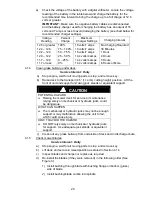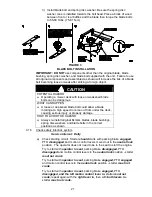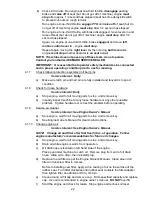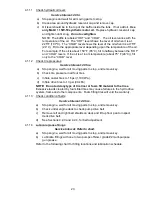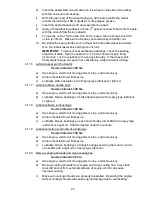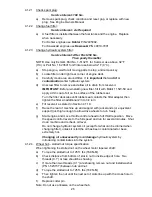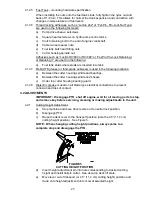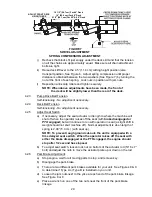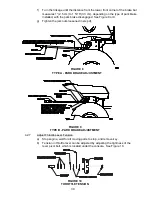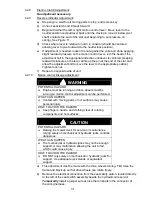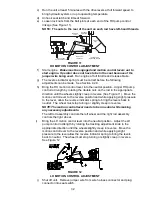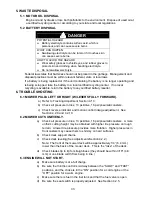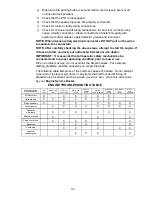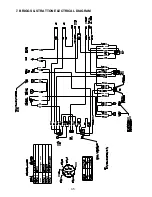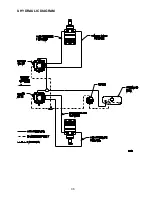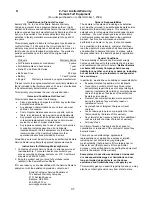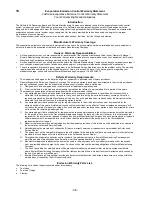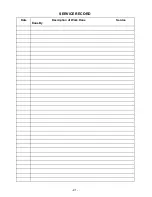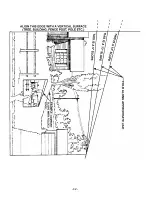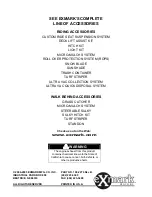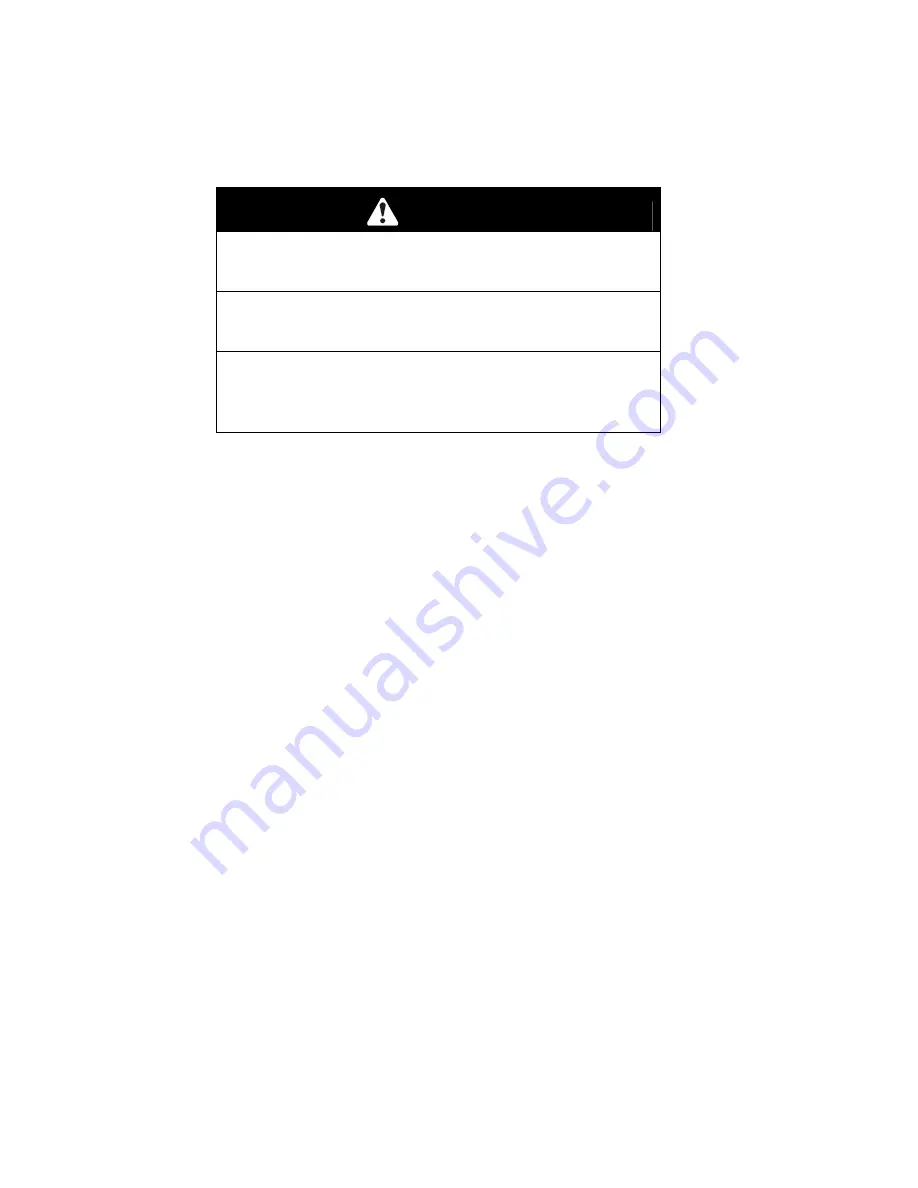
33
5. WASTE DISPOSAL
5.1 MOTOR OIL DISPOSAL
Engine oil and hydraulic oil are both pollutants to the environment. Dispose of used oil at
a certified recycling center or according to your state and local regulations.
5.2 BATTERY DISPOSAL
DANGER
POTENTIAL HAZARD
♦
Battery electrolyte contains sulfuric acid, which is
poisonous and can cause severe burns
WHAT CAN HAPPEN
♦
Swallowing electrolyte can be fatal or if it touches skin
can cause severe burns.
HOW TO AVOID THE HAZARD
♦
Wear safety glasses to shield eyes, and rubber gloves to
protect skin and clothing when handling electrolyte.
♦
Do not swallow electrolyte.
Federal law states that batteries should not be placed in the garbage. Management and
disposal practices must be within relevant federal, state or local laws.
If a battery is being replaced or if the unit containing the battery is no longer operating and
is being scrapped, take the battery to a local certified recycling center. If no local
recycling is available, return the battery to any certified battery reseller.
6. TROUBLE SHOOTING
6.1 MOWER PULLS LEFT OR RIGHT (W/LEVERS FULLY FORWARD).
a) Refer to Tracking Adjustment Section 4.1.3.
b) Check air pressure in tires; 13 psi/drive, 16 psi/pneumatic casters.
c) Check reverse indicator and motion control linkage adjustment. See
Section 4.2.9 and 4.2.10.
6.2 MOWER CUTS UNEVENLY.
a) Check air pressure in tires; 13 psi/drive, 16 psi/pneumatic casters. A more
uniform cutting height may be obtained with higher tire pressure on rough
terrain. A lower tire pressure provides more flotation. Higher pressures in
front casters may cause them to shimmy on hard surfaces.
b) Check deck support chains.
c) Check deck leveling
(See
Adjustments
Section
4.2.2.)
Note: The front of the mower deck will be approximately 1/4” (6.4 mm)
lower than the back of the mower deck. This is the “rake” of the deck.
d) Check blades tip to tip for straightness (they should be within 3/16" (4.8
mm) or one blade width from being in line.)
6.3 ENGINE WILL NOT START.
a) Make sure battery is at a full charge.
b) Be sure the throttle control is midway between the “SLOW” and “FAST”
positions, and the choke is in the “ON” position for a cold engine or the
“OFF” position for a warm engine.
c) Make sure there is fuel in the fuel tank and that the fuel valve is open.
d) Be sure the seat switch is properly adjusted. See Section 4.2.5.
Summary of Contents for Lazer ZCT
Page 1: ...For Serial Nos 600 000 Higher Part No 109 2279 Rev B ...
Page 40: ...35 7 BRIGGS STRATTON ELECTRICAL DIAGRAM ...
Page 41: ...36 8 HYDRAULIC DIAGRAM ...
Page 44: ... 39 NOTES ...
Page 45: ... 40 NOTES ...
Page 46: ... 41 SERVICE RECORD Date Description of Work Done Service Done By ...
Page 47: ... 42 ...


